What are you doing (or did you do) for HVAC in your build?
chris11895
13 years ago
Related Stories
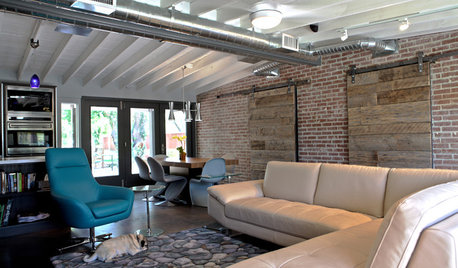
ARCHITECTUREHVAC Exposed! 20 Ideas for Daring Ductwork
Raise the roof with revealed ducts that let it all hang out — and open a world of new design possibilities
Full Story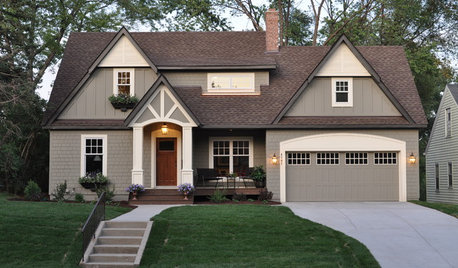
ARCHITECTURERoots of Style: Where Did Your House Get Its Look?
Explore the role of architectural fashions in current designs through 5 home styles that bridge past and present
Full Story
FUN HOUZZDouble Take: Did MoMA Drop a Mini House in the Yard?
Or maybe it's garden art or even a modernist-loving giant's step stool. Use your imagination, then get the true tale here
Full Story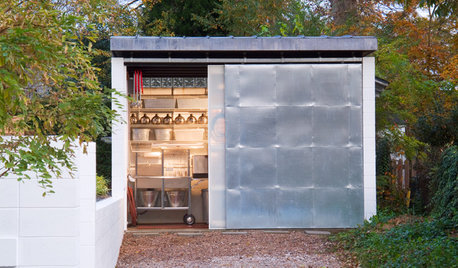
OUTBUILDINGSHow They Did It: A Translucent Toolshed in North Carolina
We take a closer look at the design details of a small, contemporary and multipurpose backyard shed
Full Story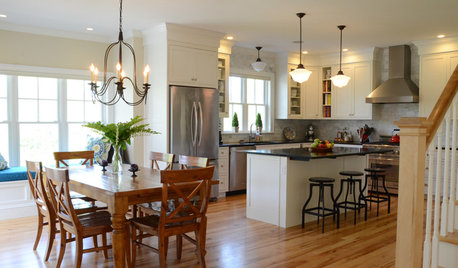
BUDGETING YOUR PROJECTHouzz Call: What Did Your Kitchen Renovation Teach You About Budgeting?
Cost is often the biggest shocker in a home renovation project. Share your wisdom to help your fellow Houzzers
Full Story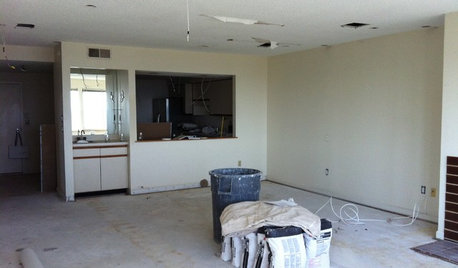
DISASTER PREP & RECOVERYRemodeling After Water Damage: Tips From a Homeowner Who Did It
Learn the crucial steps and coping mechanisms that can help when flooding strikes your home
Full Story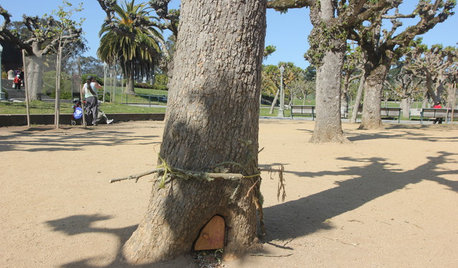
FUN HOUZZDid Elves Make a Home in a San Francisco Park?
Speculation has swirled around a Lilliputian doorway in Golden Gate Park. We give you the true story — and a design dilemma
Full Story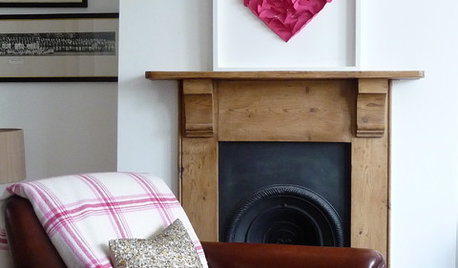
VALENTINE’S DAYTell Us: Why Did You Fall in Love With Your House?
What was it about your house that made your heart flutter? Share your photo, and it could make the Houzz homepage
Full Story
EDIBLE GARDENSHouzz Call: What Did You Grow This Summer?
Let’s celebrate the homegrown fruits and vegetables of the season. Post your pictures and tell us about your harvest
Full Story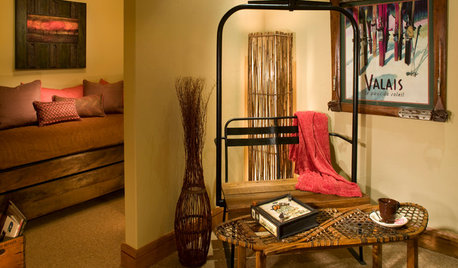
FUN HOUZZDouble Take: Did That Chair Come From a Ski Lift?
Clever homeowners find ways to repurpose chairlift seats indoors and out
Full StoryMore Discussions






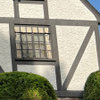
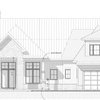
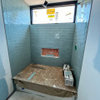
booboo60
chris11895Original Author
Related Professionals
Orange City Home Builders · Albany General Contractors · Bryan General Contractors · Buena Park General Contractors · Dardenne Prairie General Contractors · Forest Hills General Contractors · Fort Lee General Contractors · Greenville General Contractors · Hammond General Contractors · Los Alamitos General Contractors · Port Washington General Contractors · Saginaw General Contractors · Signal Hill General Contractors · Springfield General Contractors · Waianae General Contractorsbooboo60
montel (CA US 10b/Sunset 16)
chicagoans
dekeoboe
insijs
david_cary
crdnh
chris11895Original Author
chisue
renovator8
cs6000
chris11895Original Author